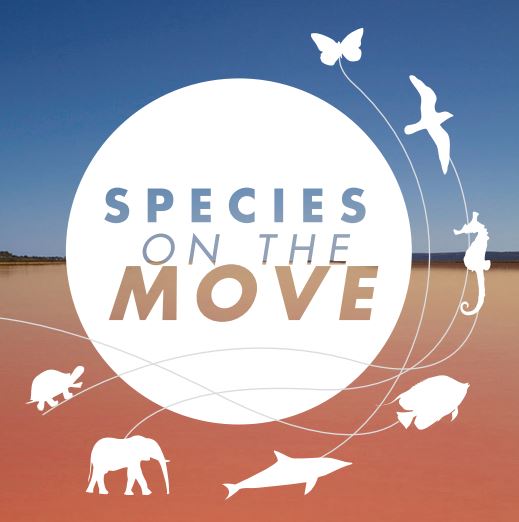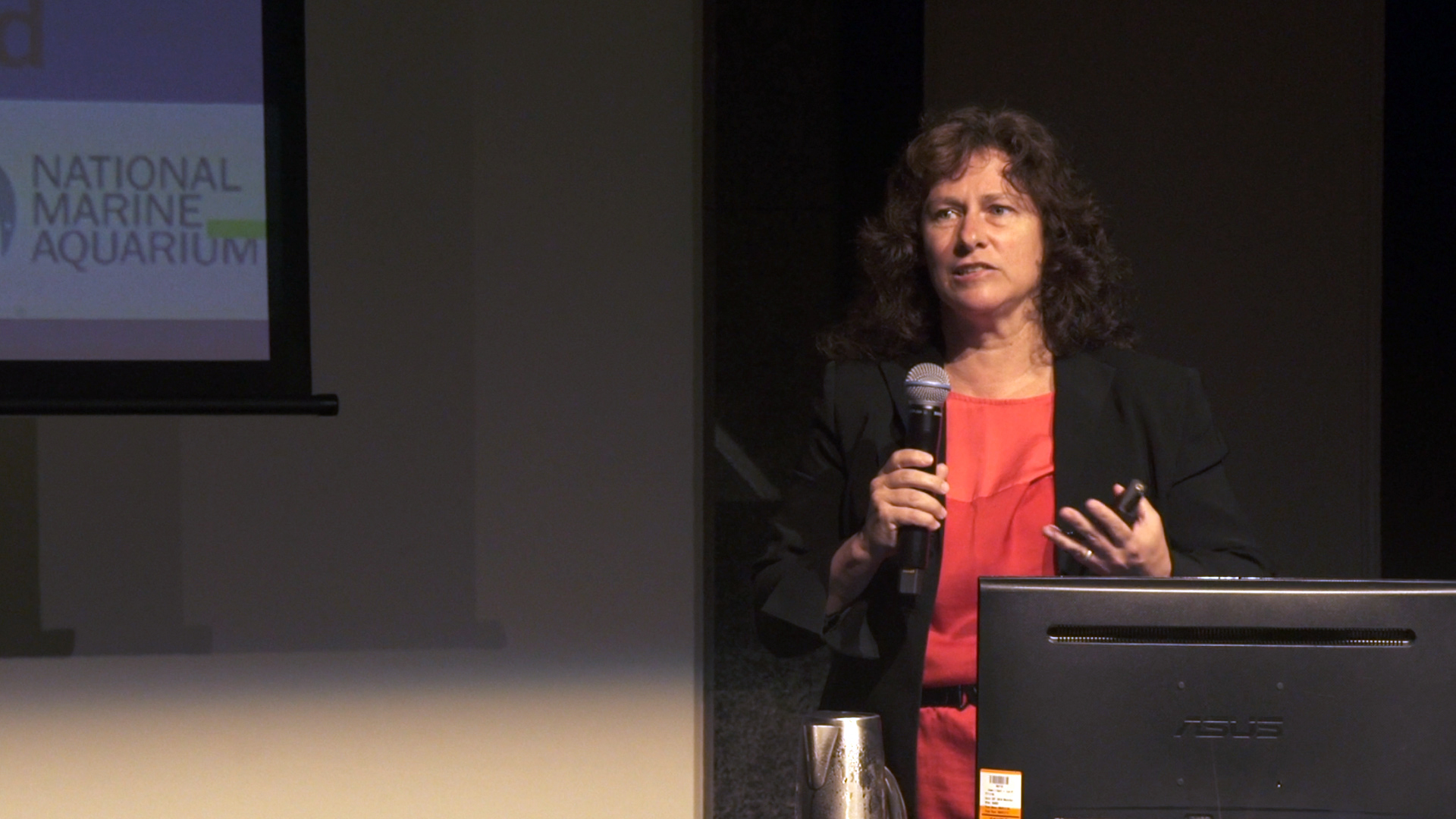
The IMAS-hosted Species on the Move conference has opened in Hobart with a warning that environmental managers must carefully evaluate options critical to the survival of some species.
A range of international climate assessments have confirmed that global biodiversity is changing in response to shifts in regional climate and Plymouth University's Professor Camille Parmesan used her keynote speech to highlight impacts that are already being observed in terrestrial, marine and freshwater systems.
"The global imprint of warming on life is evident
in hundreds of scientific studies," Prof Parmesan said.
"While about half of all studied species have changed their distributions in response to recent climate change, we are starting to see negative impacts for the most vulnerable species."
In every system, diverse wild species have responded to increases in annual and seasonal temperatures, changes in patterns and amounts of rainfall and snow, and increases in frequencies of extreme heat events in the ocean and on land.
Prof Parmesan said the most impacted species to date are those occurring solely in the most sensitive systems or which have already been highly impacted by other anthropogenic stressors such as habitat loss or pollution.
"Recovering these vulnerable species under a changing climate may not always be possible.
"But where there is potential for recovery, robust conservation planning requires that we not only acknowledge and address threats and habitat needs of the past, but also anticipate and prepare for changing threats and needs, looking forward into future decades."
Providing an overview of responses to climate change, Prof Parmesan said:
Over the next three days the 250 delegates to the conference from 40 countries will hear the results of Australian studies where documented impacts include climate-change driven range extensions in at least 70 fish species and other animals, such as octopus and sea snails, and a southward colonisation of sea urchins in eastern Tasmania.